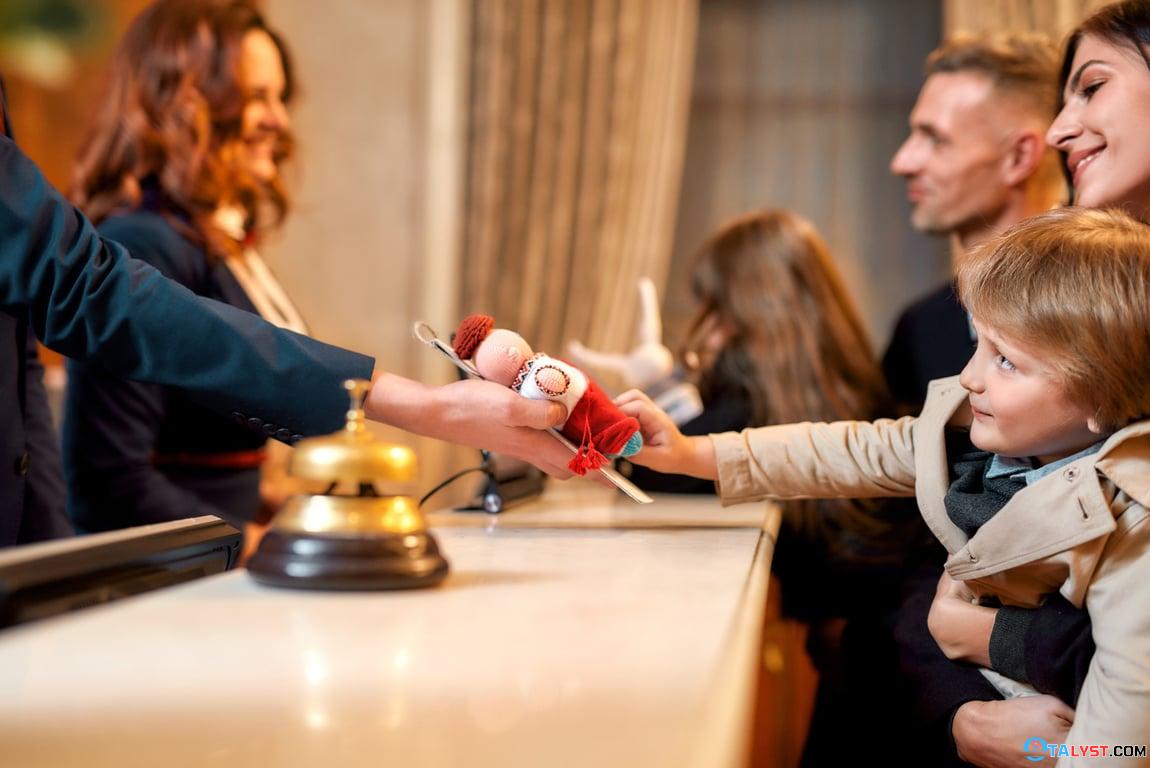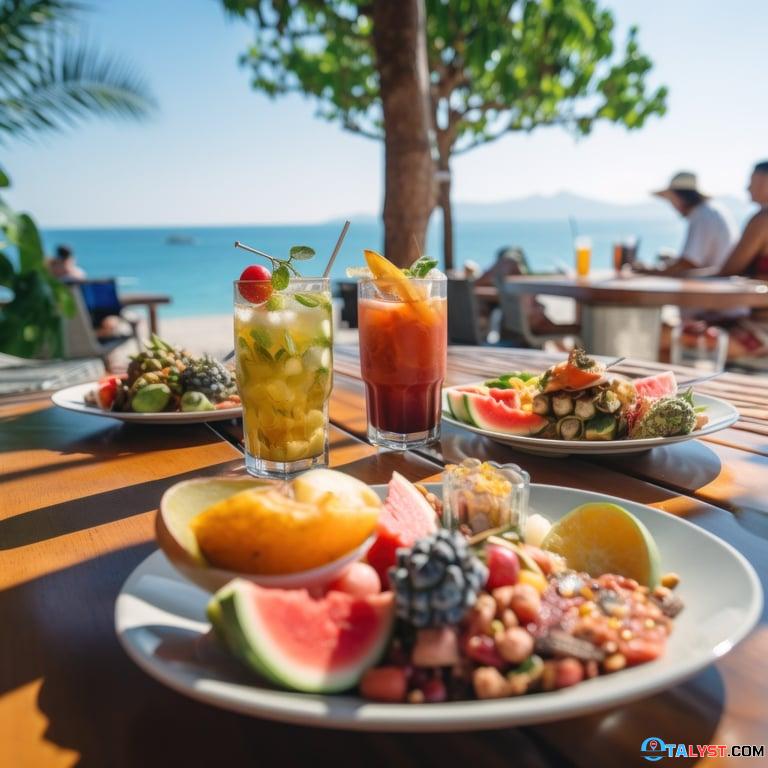Unlock the artistry of hotel upselling to not only boost revenue but also elevate guest experiences. Dive into the realm of personalized offers and delve into the nuances of understanding guest needs for optimal results. Certainly, the notion of upselling is not foreign to you—it’s hailed as a potent method to enhance revenue streams and enrich the overall guest journey. However, this perspective merely scratches the surface of the profound significance that upselling holds within the realm of hotels.

Consider the substantial investments made to draw guests to your doorstep—establishing an enticing website, employing tech tools for inventory distribution, shelling out commissions to OTAs, and possibly running advertisements. While these endeavors are pivotal for acquiring new guests, tending to those who have already chosen your establishment is an avenue for increasing profits.
Compelling recent data underscores this point emphatically, revealing that nurturing existing guests is a staggering five times more cost-effective than winning new ones. In this landscape, the strategic deployment of upselling and cross-selling emerges as a powerful strategy. By empowering guests to tailor their stay with enticing upgrades and curated deals, you not only craft bespoke experiences but also inspire effusive praise for your hotel.
The beauty of this approach lies in its ability to effortlessly generate additional revenue from your existing guest base. It’s a symbiotic relationship where guests relish personalized enhancements, and your hotel reaps the benefits with minimal exertion.
Read on to find out how you can leverage upsell opportunities at your property to start seeing more revenue from the guests you already have.

Hotel Upselling and Cross-Selling, What Is It?
Upselling refers to offering guests additional products, services, and experiences beyond their initial booking. This strategy not only generates extra revenue but also enhances guest satisfaction by providing tailored experiences. Effective upselling requires understanding guests’ preferences, offering relevant and personalized options, and training staff to recognize opportunities.
Upselling, suggestive selling, and cross-selling are essential strategies to maximize revenue and guest satisfaction. Tailoring your strategies to your property type can increase their effectiveness and play a significant role in generating revenue and creating memorable experiences for guests.
Utilizing the right technology, such as hotel upselling software, is essential for successful upselling, as it streamlines the process, builds guest profiles, and fosters loyalty. Read more about the fundamentals of upselling and cross-selling.
Upselling Strategy: How, What, Who, When?
Upselling is a powerful tool for hoteliers seeking to increase revenue and enhance guest experiences. By building rapport with guests, anticipating their needs, and offering tailored solutions, hotels can create memorable stays that leave lasting impressions. Utilizing guest experience apps can facilitate a frictionless and personalized experience, while proper segmentation and targeting are essential for success.
Partnering with local businesses and attractions can further elevate guest experiences and contribute to a hotel’s upsell strategy. It is important to identify the most relevant and appealing local offerings for your target audience, ensuring maximum guest satisfaction and repeat business. Upselling should always prioritize guest satisfaction and be presented in a non-aggressive manner, focusing on personalization and flexibility.
Training front desk staff in effective upselling techniques is crucial, as it allows for seamless and engaging guest experiences that also boost the hotel’s bottom line. By creating a welcoming environment, analyzing reservation data, and offering tailored room upgrades and extras, hoteliers can make the most of upselling opportunities and ensure guests enjoy their stay. Here’s how to master your hotel’s upselling strategy?

What to Upsell?
Upselling is a valuable strategy to help increase revenue while providing guests with enhanced experiences. Through room upgrades, food and beverage deals, early check-ins, late check-outs, and partnerships with local businesses, hotels can create personalized guest experiences and increase overall satisfaction.
Additionally, offering unique on-site activities, optional housekeeping, luggage storage services, and pet-friendly options can cater to various guest needs and preferences, fostering loyalty and promoting repeat business.
By offering a range of services that match guests’ interests and needs, hotels can create unforgettable experiences that set them apart from competitors. These upselling strategies can significantly boost revenue while ensuring guest satisfaction. Here are some powerful hotel upselling ideas that can help you increase revenue and improve guest satisfaction.

Maximize Revenue Increase: Effective Upselling in Hotels
Successful upselling hinges on personalizing guest experiences, providing timely offers, and understanding guest preferences through segmentation.
By creating tailor-made offers and packages based on guest needs, hotels can significantly enhance their revenue and set themselves apart from competitors.
To upsell effectively, hotels should utilize the pre-arrival period and reach out to guests with offers that are clear, attractive, and easy to book.
Additionally, segmenting guests by factors such as reason for travel, domestic vs. international, business vs. leisure, length of stay, and returning guests can help tailor offers to their preferences, increasing conversion rates.
By packaging existing services into value-add deals, hotels can further boost ancillary revenue and cater to various customer types.
Tools like PMS (Property Management System) and CM (Channel Manager) only assist lodging establishments in operating more simply, saving time, and being more efficient compared to not using them. However, that is not the root of growth or the challenges faced in the accommodation business. If you want to effectively manage OTA channels and create stable growth, you should have a clear understanding of how OTA platforms operate, such as their nature, operational models, and how they display, calculate displayed prices, and collect prices (after deducting commissions). Of course, larger hotels that want to approach it systematically will do it synchronously from the beginning, but smaller lodging establishments wanting to reduce operational costs should overlook it and focus on optimizing display and providing outstanding customer care.
Synthesized by: OTA Lyst












































